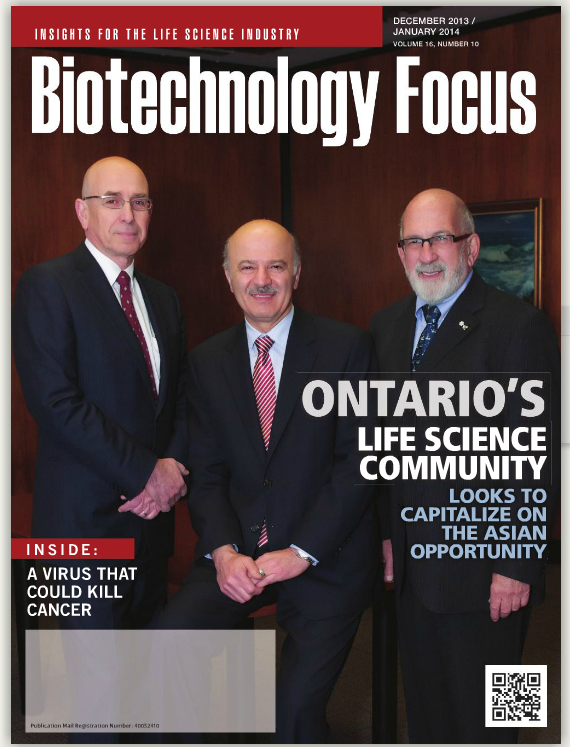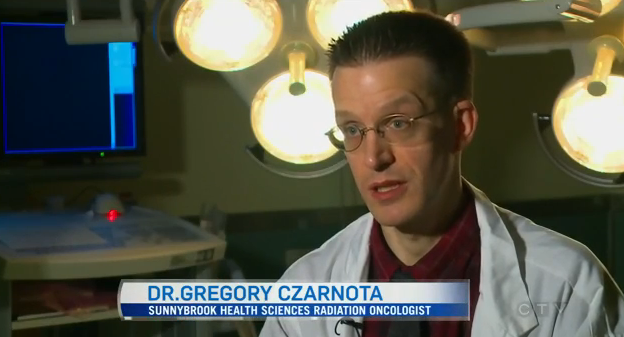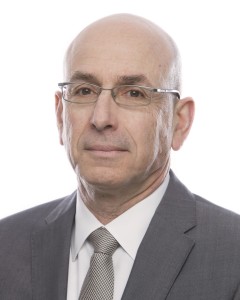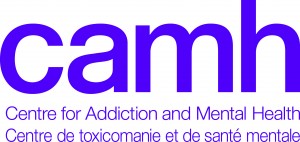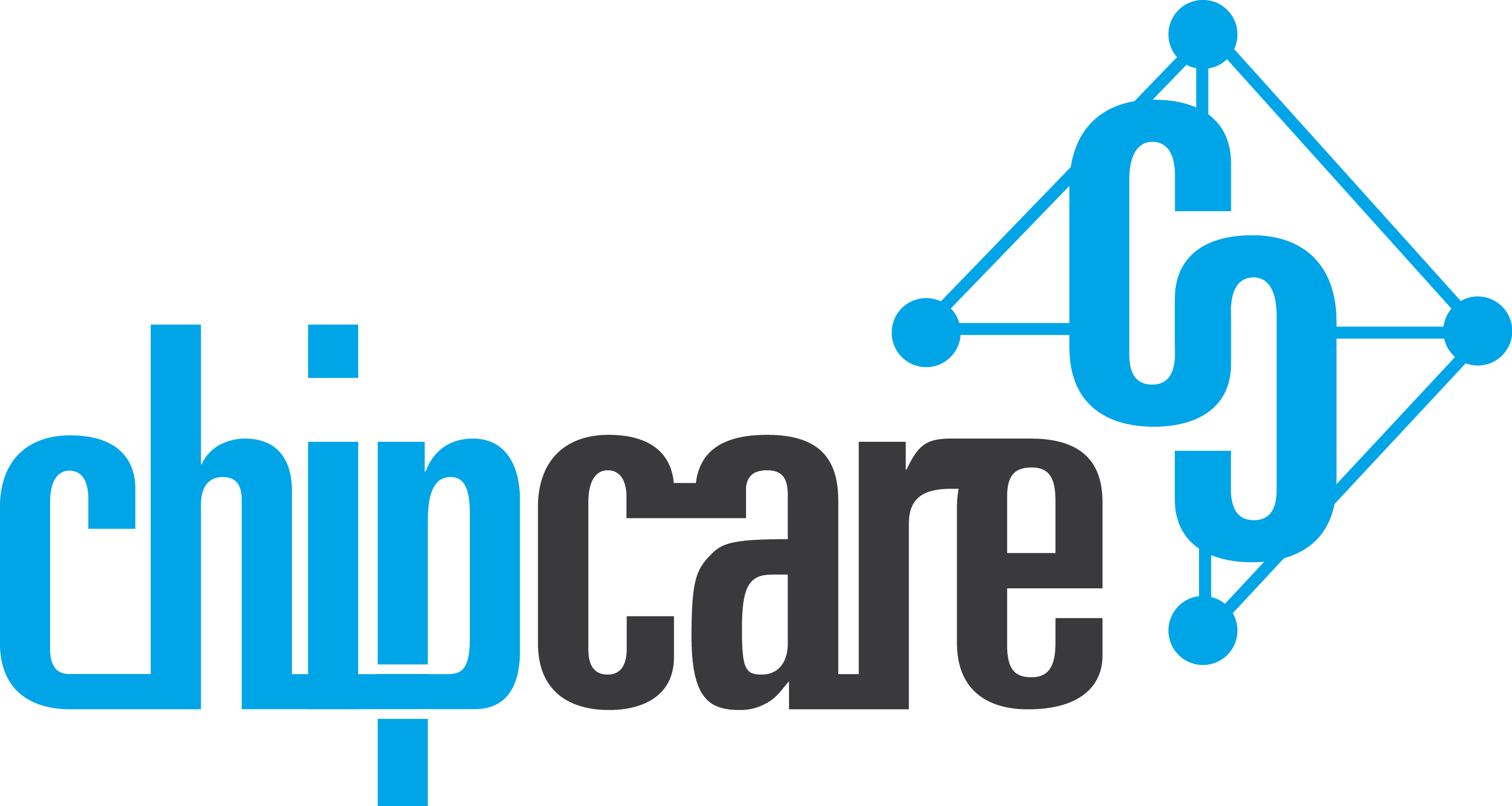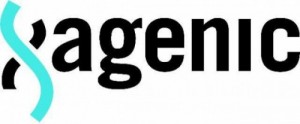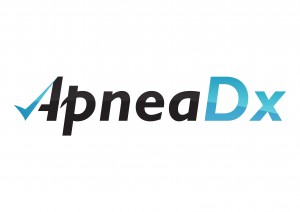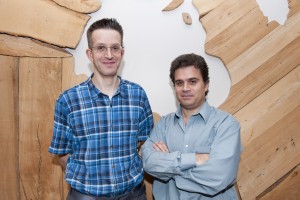Slyce acquires YorkU computer vision technology for retail e-commerce
Deal led by MaRS Innovation and Innovation York to strengthen Slyce’s mobile image recognition application for retail e-commerce

TORONTO, Feb. 4, 2014—Slyce today announced that it has acquired a computer vision technology developed at York University that quickly analyzes and aggregates similar images.
Through the acquisition, Slyce also hired former York PhD student, Dr. Ehsan Fazl-Ersi, to lead the integration of the intellectual property into Slyce’s Visual Search Platform as their new head of Research & Development.
Slyce is a premium provider of visual search technology for retailers, brands and publishers. Their platform allows customers to take a picture of real-world products with their smartphone and then find direct or close-matching products from the retailer’s catalogue, which they are able to purchase on the spot.
Slyce’s acquisition of York’s technology was covered in the Financial Post, Dx3 Digest, BetaKit, Mobile Payments Today, Global University Venturing, World News, Consumer Electronics Net and Retail Customer Experience. You can also read the York University announcement.
“Identifying and classifying an object captured within a scene is difficult due to the effects of background clutter, lighting variations and viewpoint changes on the object’s appearance,” says Fazl-Ersi, who designed and developed the technology with his PhD supervisor, Dr. John K. Tsotsos, a professor in the Lassonde School of Engineering’s Department of Electrical Engineering and Computer Science, and a member and former director of York’s Centre for Vision Research.
“This is a much bigger problem for mobile applications where the algorithm’s speed and efficiency are the difference between losing a consumer or making a sale,” says Fazl-Ersi. “Our technology will provide higher accuracy when quickly identifying retail items so that consumers can choose among similar items according to style, colour or pattern using a mobile device.”
 The researchers partnered with MaRS Innovation and Innovation York, York’s commercialization office, to file patent protection on the initial technology, develop a commercialization plan, secure grant funding, facilitate business development meetings and negotiate the resulting transaction.
The researchers partnered with MaRS Innovation and Innovation York, York’s commercialization office, to file patent protection on the initial technology, develop a commercialization plan, secure grant funding, facilitate business development meetings and negotiate the resulting transaction.

